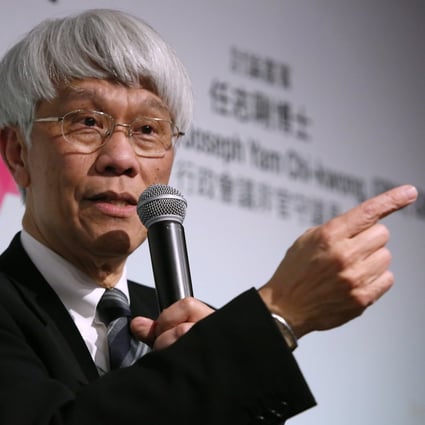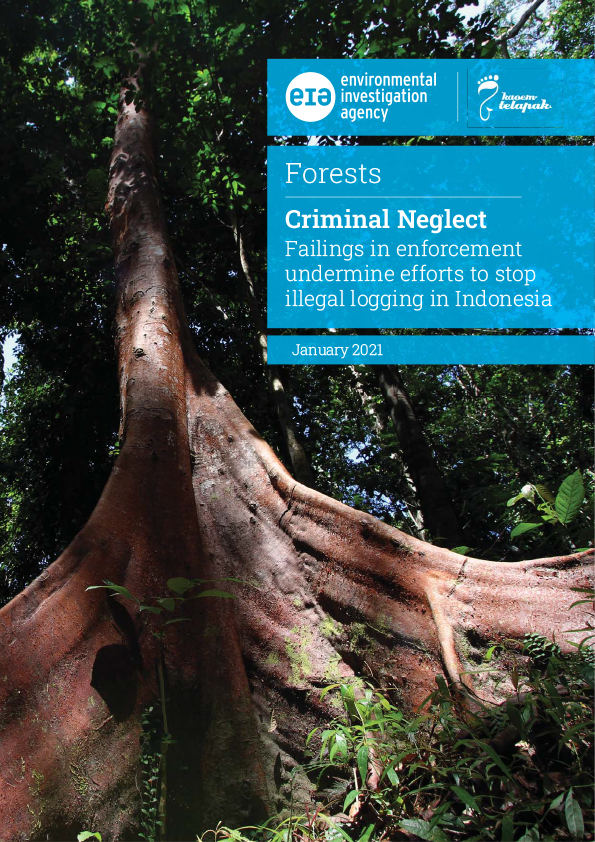Hong Kong's Intervention: US Dollar Purchases To Uphold Currency Peg

Table of Contents
Understanding the Hong Kong Dollar Peg
The Hong Kong dollar's peg to the US dollar operates under a linked exchange rate system, maintaining a narrow band of 7.75 to 7.85 HKD per USD. This system, established in 1983 and formalized as a currency board system in 1997, means the HKD's value is effectively fixed against the USD. The historical significance of this peg is profound, as it has fostered price stability, facilitated international trade, and attracted significant foreign investment, contributing significantly to Hong Kong's economic prosperity.
- Currency Board System: The HKMA acts as a currency board, holding US dollar reserves equivalent to or exceeding the amount of HKD in circulation. This ensures the HKD's convertibility to USD at the fixed rate.
- Benefits of the Peg: The Hong Kong currency peg provides considerable economic benefits, including reduced inflation, increased confidence amongst businesses, simplified international transactions, and attracts foreign investment.
- Potential Drawbacks: While advantageous, the peg does limit Hong Kong's monetary policy independence. The local interest rates largely track those in the US, potentially hindering the ability to respond effectively to unique local economic conditions.
The HKMA's Role in Maintaining the Peg
The HKMA shoulders the primary responsibility for maintaining the Hong Kong currency peg. Its most crucial tool is the buying and selling of US dollars in the foreign exchange market. When the HKD weakens towards the weak end of its band (7.85 HKD/USD), the HKMA intervenes by purchasing HKD, thus increasing demand and supporting its value against the USD. Conversely, if the HKD strengthens towards the strong end (7.75 HKD/USD), it sells HKD to maintain the peg within the specified range.
- Intervention Process: The HKMA's interventions are typically conducted through the buying or selling of USD in the open market, adjusting liquidity and influencing interest rates.
- Impact on Liquidity and Interest Rates: These interventions directly influence Hong Kong's money supply and interest rates. Purchases of HKD reduce liquidity and can lead to higher interest rates, while selling HKD increases liquidity and can lower interest rates.
- Historical Interventions: The frequency and scale of HKMA interventions vary depending on market conditions and external pressures. Historically, significant interventions have occurred during periods of global economic uncertainty or speculative attacks on the peg.
Factors Affecting the Hong Kong Currency Peg
The Hong Kong currency peg's stability isn't immune to external and internal pressures. External factors such as changes in US interest rates, global economic downturns, and geopolitical events can significantly impact the HKD's value and put pressure on the peg. Internal factors include large capital inflows or outflows and speculative attacks driven by market sentiment.
- External Pressures: Recent examples include the impact of rising US interest rates, which can attract capital away from Hong Kong, and global economic shocks that affect trade and investment flows.
- Speculation and Market Sentiment: Market speculation plays a crucial role. Rumors or anticipated changes can trigger significant capital flows, impacting the HKD's value and necessitating HKMA intervention.
- Impact of China's Economic Policies: Given Hong Kong's close economic ties with mainland China, shifts in China's economic policies and growth trajectory can also influence the HKD and the stability of the peg.
Consequences of a Devaluation and Maintaining the Peg
Maintaining the Hong Kong currency peg is crucial for economic stability. A significant devaluation or a breakdown of the peg would have severe consequences.
- Potential Inflationary Pressures: A devaluation could lead to a sharp rise in import prices, fueling inflation and eroding purchasing power.
- Impact on International Trade: A devalued HKD might boost exports in the short term, but it could also destabilize trade relationships and harm long-term economic prospects.
- Social and Political Consequences: A breakdown of the peg could have significant social and political ramifications, potentially impacting confidence in the Hong Kong government and its ability to manage the economy. The cost of maintaining the peg, through interventions and maintaining large USD reserves, is also a consideration.
Conclusion
The Hong Kong currency peg is a cornerstone of Hong Kong's economic success, providing stability and attracting investment. The HKMA plays a vital role in maintaining this peg through carefully managed interventions, primarily involving US dollar purchases. However, the peg's stability is subject to various internal and external pressures, highlighting the complexities of managing a linked exchange rate system. Understanding the mechanisms behind the Hong Kong dollar peg mechanism and the HKMA currency interventions is essential for comprehending Hong Kong's economic landscape. To delve deeper into the intricacies of the Hong Kong currency peg and the HKMA’s role, explore resources like the HKMA's official website for detailed information on managing the HKD peg.

Featured Posts
-
 Churchill Downs Renovations Complete Ahead Of Kentucky Derby
May 04, 2025
Churchill Downs Renovations Complete Ahead Of Kentucky Derby
May 04, 2025 -
 16 Year Olds Torture Death Mothers Criminal Neglect Case
May 04, 2025
16 Year Olds Torture Death Mothers Criminal Neglect Case
May 04, 2025 -
 Raskol Druzhby Pochemu Kuper I Di Kaprio Perestali Obschatsya
May 04, 2025
Raskol Druzhby Pochemu Kuper I Di Kaprio Perestali Obschatsya
May 04, 2025 -
 The Blake Lively And Anna Kendrick Drama A Year By Year Look
May 04, 2025
The Blake Lively And Anna Kendrick Drama A Year By Year Look
May 04, 2025 -
 Is This Thing On New Photos Show Bradley Cooper Directing Will Arnett In Nyc
May 04, 2025
Is This Thing On New Photos Show Bradley Cooper Directing Will Arnett In Nyc
May 04, 2025
